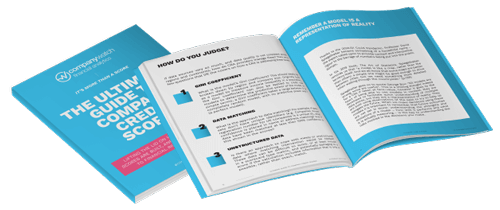4: Interest Rates
Headline news last week was that the Bank of England (BoE) increased the base interest rate to 0.5%, up from 0.25% - the first back-to-back increase since 2004.
The cost of borrowing was doubled and comes as rising food and energy prices see inflation currently riding at a 30-year high of 5.4%. The BoE has warned that the cost of living crisis will hit millions of households across the UK this year, with inflation expected to further spike to 7.25% in April (well above its 2% target).
Post-tax disposable household income could fall by 2% this year, equating to the worst fall in living standards since records began. 9% of UK homeowners have mortgages that track the bank's basic rate. With the increases forecasted this year, around £26 a month will be added to repayments for these homeowners as the cost of living bites, trade association UK Finance calculates.
Ultimately, higher interest rates make borrowing more expensive. Credit cards, personal loans, and car loans are all likely to see a rise in interest rates as they are linked to the underlying base rate.
The BoE's Monetary Policy Committee also believes that the UK GDP growth forecast for 2022 should be cut from 5% to 3.75%. Looking further ahead, this growth rate is predicted to slow to 1.25% in 2023, and even more to 1% in 2024 - putting the UK more or less into standstill territory. Inflation wouldn't need to be nearly as high as it is now for that to potentially cause stagflation...

